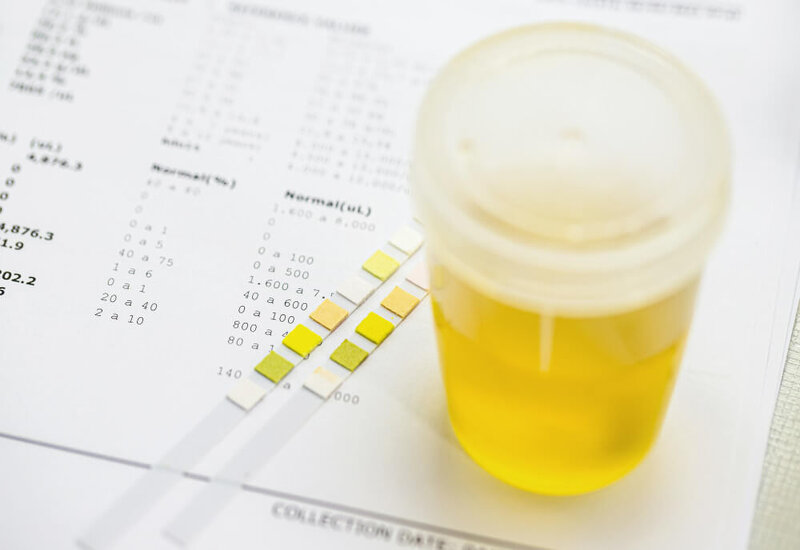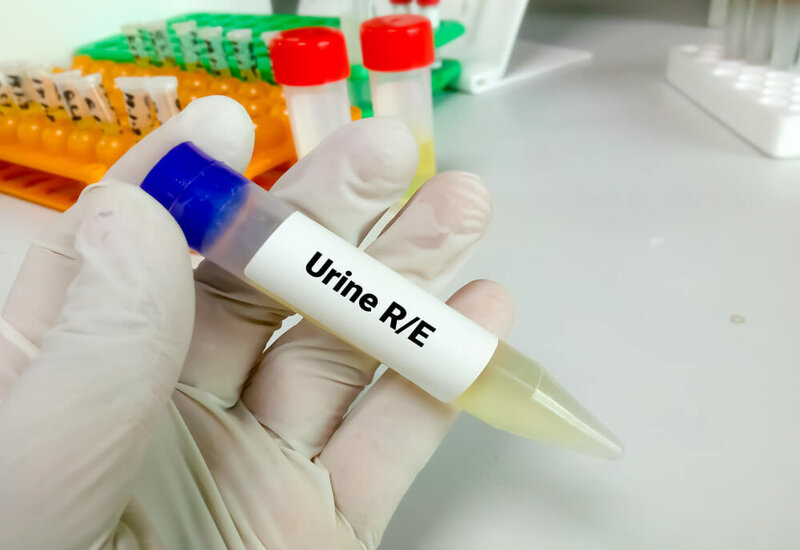Are you curious about urinalysis but need to know what it is? Answering the basics of what a urinalysis entails and how it is performed can provide clarity on this important medical test. Furthermore, understanding why a doctor would suggest this test and what diseases or conditions it can detect may encourage you to take action when necessary. So, with compassion and a professional outlook, let us delve into the process behind urinalysis so that any questions are answered!

What is Urinalysis - Definition, Purpose, and Types
Urinalysis is a test that examines urine to get insight into a person’s health. One test type utilizes a dipstick with test strips to detect abnormalities and provide results in minutes. Other types may require more advanced medical equipment, such as microscopes, and can take longer to produce results. No matter the form, the purpose of this test is to observe any irregularities in components ranging from color and smell to sugar or protein levels. Doctors regularly use this type of analysis for a variety of reasons, including providing early detection for underlying diseases or confirming current diagnoses. Knowing what is contained within a person’s urine provides an invaluable preventative measure for many serious and non-serious health challenges.

How is Urinalysis Done - Collection, Processing, and Results
Urinalysis is an important diagnostic tool to assess physical, mental, and metabolic health. In order to conduct the test, a sample of urine must first be collected. It can either be a specimen collected through clean-catch midstream technique or a 24-hour collection of all urinated product. After collection, the sample is sent to a laboratory where several tests are run to check for protein content, acidity levels, and bacteria in the urine. The results can provide insights into existing conditions such as kidney infections or glucose abnormalities. Undergoing urinalysis is safe, straightforward, and noninvasive, making it valuable to clinicians and patients in support of overall health optimization. If you're ever asked to provide a urine sample for testing, be sure to follow the instructions given to you by your healthcare provider to ensure an accurate and reliable result.

Benefits of Urinalysis - Diagnosis of Diseases and Disorders
Urinalysis provides a wealth of benefits, including the diagnosis and early detection of conditions such as urinary tract infections (UTI) and diseases like diabetes. Through culture and interpretation of ketones in the sample, medical professionals can accurately diagnose or identify any pre-existing health condition that may require treatment. For example, UTI is commonly tested through urinalysis due to its symptoms that can easily be spotted with a thorough examination. With this quick and effective process, risks associated with UTI can be reduced while long-term health benefits can be realized. Additionally, by spotting key indicators in the sample, medical practitioners may more readily identify conditions that require specialized testing - allowing for prompt intervention and care. Such benefits make urinalysis an invaluable tool for ensuring optimal patient health.

Can Urinalysis be Used to Screen for Drugs or Other Substances
If you're wondering whether a routine urinalysis can be used to screen for drugs or other substances, the answer is no. While a routine urinalysis can provide valuable information about your health by analyzing the physical and chemical properties of your urine, it is not designed to detect the presence of drugs or other substances in your system. If you're concerned about drug use or have been asked to undergo a drug test, you'll need to undergo a specific drug screening test designed to detect the presence of specific drugs or substances in your urine. These tests are more sensitive and accurate than a routine urinalysis and can help determine whether you have been using drugs or other substances.

Tips for Preparing Before a Urinalysis Test
It's important to be prepared for an upcoming urinalysis test in order to achieve the most accurate results. To get ready, you should start by informing your healthcare provider of any medication you are currently taking, as some medications can interfere with the results. Additionally, it is important to ensure that you have adequately hydrated before the test to produce a sample that accurately reflects your normal body composition. Moreover, refrain from consuming or using any steroids or dietary supplements for at least 24 hours before the test to avoid false positives; if there is any doubt about whether something you're taking might impact your results, it is best to consult with your doctor beforehand. By following these tips, you can ensure that your urinalysis will provide an accurate and complete assessment of your health.
In conclusion, a urinalysis is a great tool for diagnosing and ensuring optimal health. By understanding its purpose, what it is, and how it is done, we can be better informed when undergoing the process. Urinalysis tests can diagnose serious conditions and infections by giving your healthcare provider valuable insight into your health needs. With urinalysis being one of the most accessible, cost-effective, and accurate diagnostic screening tests available today, it should be part of everyone's regular medical routine throughout life. It is important to follow any instructions your healthcare provider provides to help ensure accurate results when undergoing this test. Taking these precautions before taking a urinalysis test will optimize your chance for an accurate result. Let Cura4U help you get tested at up to 80% discount with our Urinalysis tests from Laboratories such as Quest Diagnostics and Bioreference. Get started today!

















